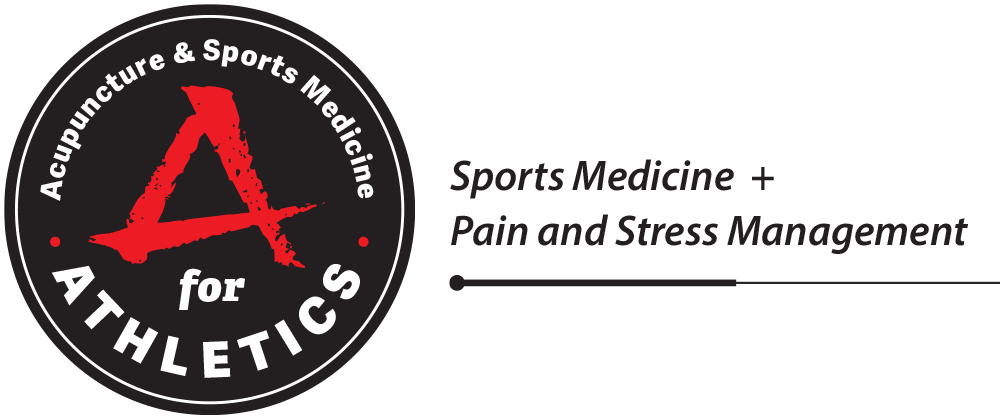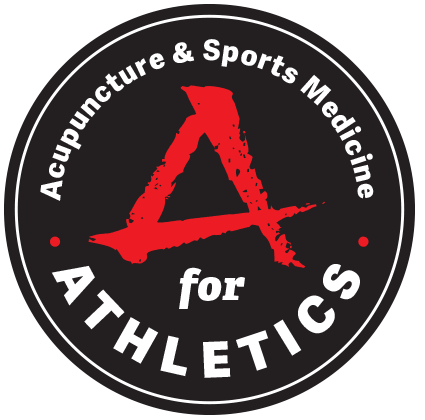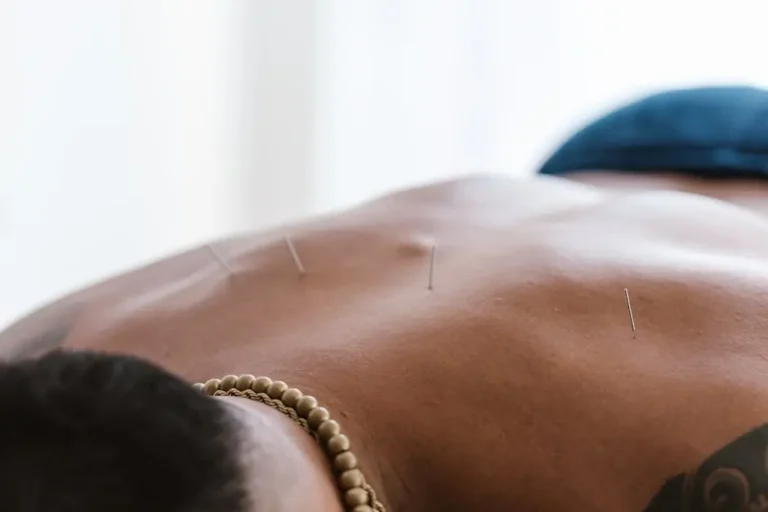10 Ways Chinese Medicine Can Enhance Athletic Performance
Chinese medicine has been a staple in holistic health for centuries, and its principles can have a profound impact on modern athletic performance. Let’s explore how these ancient practices can power up your training, boost recovery, and lead to personal records.
1. Harnessing the Power of Acupuncture
Acupuncture can aid in reducing muscle soreness and enhancing recovery times. This ancient practice uses needles to stimulate specific points, channeling energy and improving blood flow. For athletes, this means less fatigue and more power on training days.
Moreover, acupuncture has been shown to improve flexibility and range of motion, crucial aspects for athletes looking to prevent injuries and maintain optimal performance. The increase in blood flow not only aids in recovery but also delivers more oxygen and nutrients to muscles, enhancing overall muscle output.
2. Balanced Energy with Qi Gong
Qi Gong focuses on breath control and movement, helping athletes maintain mental clarity and physical balance. By practicing Qi Gong, athletes can enhance their endurance and mental focus, essential components for peak performance.
The rhythmic breathing and meditative movements in Qi Gong can also reduce stress, a common barrier to optimal athletic output. By incorporating Qi Gong into regular routines, athletes can cultivate a harmonious balance between mind and body, channeling energy efficiently during high-intensity workouts.
3. Boosting Immunity with Herbal Supplements
Chinese herbal medicine offers a way to strengthen the immune system, keeping athletes healthy and less prone to injuries. Herbs like ginseng and cordyceps are known to enhance stamina and energy levels, contributing to better athletic performance.
Herbal remedies can be tailored to individual needs, targeting specific weaknesses. This personalized approach is beneficial because a robust immune system is directly tied to consistent training and competition. With these potent herbs, athletes might find they recover faster and experience fewer setbacks.
4. Mindfulness through Tai Chi
Tai Chi promotes relaxation and mindfulness, which can decrease stress and anxiety. Athletes can benefit from this practice by enhancing their concentration and reducing performance jitters, leading to improved results in competitions.
The slow and deliberate movements of Tai Chi also improve postural control and joint stability. This mindful movement practice can support athletes in maintaining optimal body mechanics, reducing the risk of injuries often linked to poor form and imbalance during athletic activities.
5. Enhancing Recovery with Cupping Therapy
Cupping therapy helps in reducing inflammation and muscle tension, providing relief for overworked muscles. This practice aids in faster recovery, allowing athletes to train harder and more frequently.
In addition, cupping can assist in detoxifying the body by enhancing lymphatic flow. This detoxification process is essential for athletes whose bodies endure constant physical stress. By drawing out toxins and increasing circulation, cupping contributes to an overall sense of well-being and enhanced recovery capabilities.
Athletes might find the distinctive marks left by cupping to be a badge of commitment to their sport, a testament to holistic healing practices that foster both physical and mental resilience.
6. Dietary Wisdom from Traditional Chinese Medicine
The dietary principles of Chinese medicine focus on balance and nourishment. By incorporating seasonal foods and balancing yin and yang, athletes can optimize their diet for maximum energy and health.
This dietary wisdom emphasizes the importance of preparing foods that align with environmental conditions, such as eating warming foods in colder months, which supports digestive health and maintains energy levels. By aligning diet with the natural world, athletes can capitalize on this holistic approach to fuel their bodies effectively.
7. Promoting Flexibility with Yin Yoga
Yin yoga complements traditional training by improving flexibility and joint health. This slow-paced exercise helps in releasing tension and improving circulation, which are beneficial for recovery and injury prevention.
Incorporating yin yoga into an athlete’s regimen not only enhances physical flexibility but also instills mental calmness. By holding poses for several minutes, athletes can achieve deeper stretches and elevate their intuitive connection with body cues, aiding in the prevention of tight muscle-related issues.
8. Mental Edge from Meditation Practices
Meditation is a key aspect of Chinese medicine that enhances focus and mental clarity. Athletes can improve their concentration on goals and strategies, which is crucial for performance in high-pressure situations.
Consistent meditation practice can also cultivate a state of mindfulness that enables athletes to stay in the present moment, essential for executing well-timed movements and strategies during competition. Remaining centered and focused on the task at hand results in a competitive edge that can be the difference between victory and defeat.
9. Exploring Meridians for Energy Flow
Understanding and working with meridians can improve an athlete’s energy flow and reduce blockages. This practice can lead to better mobility and performance, ensuring energy is effectively utilized throughout the body.
Meridian therapy stresses the balance of internal energies, essential for sustaining vigorous athletic activity. By aligning these channels, athletes tap into a deeper reservoir of energy, finding greater efficiency in their physical expenditure and reducing risks associated with energy stagnation.
When combined with targeted training methods, such explorations into meridian theory reveal a comprehensive way of understanding body mechanics that transcends traditional Western methodologies.
10. Integrating Breath Work into Training
Breath work, a crucial element of Chinese medicine, can increase oxygen capacities and decrease stress levels in athletes. Improved breathing techniques lead to enhanced stamina and endurance, forming a solid foundation for all athletic endeavors.
Through focused breathing, athletes can cultivate a profound understanding of how to channel their energy most efficiently. The ability to control breath not only augments physical performance but also fortifies mental toughness—an invaluable asset in challenging scenarios.









